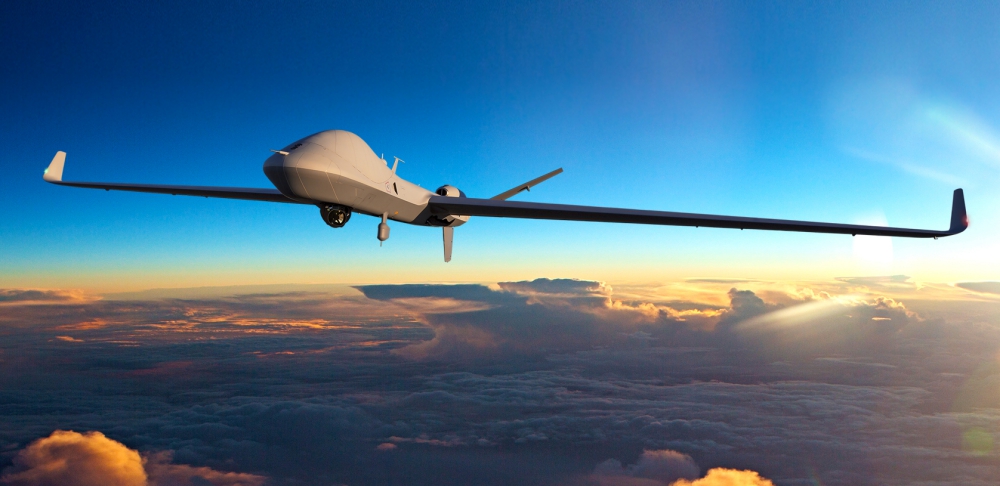Buoyed by Australia’s recent selection of the MQ-9B SkyGuardian for its armed unmanned air system (UAS) needs, General Atomics is expanding its ambitions across the wider Asia-Pacific area, where it hopes to build on its regional success to provide surveillance and maritime patrol capabilities for both military and parapublic operators.
In particular, the U.S.-based UAS developer is stepping up regional demonstrations of its multirole surveillance Predator-based aircraft, command and control systems and maritime patrol capability. In the second half of the year the company will be showing off the capabilities of the SkyGuardian to an unidentified coast guard service in Asia.
“We just conducted our maritime demonstration in Europe with great success,” says Tommy Dunehew, vice president of International Strategic Development for General Atomics Aeronautical Systems Inc. (GA-ASI), who added that showcasing the aircraft’s sea patrol strengths is a key strategic goal. “The maritime domain is really big for us and we are a good platform to do that work. We are doing a lot of investment in that space.”
The European demonstration, conducted in December with the Hellenic Air Force in Larissa, Greece, proved the MQ-9B maritime surveillance capabilities, as well as a GA-ASI-developed Detect and Avoid (DAA) system, which is a key technology for remotely piloted aircraft to fly safely in uncontrolled civil airspace alongside manned aircraft. The DAA capability is being developed for the UK Royal Air Force’s Protector RG Mk1 program and has led to follow-on interest from Australia and sales to Belgium and other nations, including Greece.
“We have probably another 10 or so (nations) we are close on going forward, most of them MQ-9B, but also others with the MQ-9A,” Dunehew says.
One of these is believed to be India, which is closing in on a long-negotiated deal for MQ-9Bs. But despite the foreign sales environment for GA-ASI and U.S. UAS defense companies that has improved under the current Trump administration, progress toward contracts continues to be protracted.
As part of efforts to help speed the way for overseas deals, particularly India, Nicola Johnson, GA-ASI’s vice president of International Sales, met earlier this month with Clarke Cooper, the assistant secretary for political-military affairs at the State Department.
“India is significant, largely because it will be the country’s first joint triservice procurement,” Dunehew said.
Source: Aviation Week

